AHA's highest honor recognizes individuals who use the humanities to make Alabama better.
Birmingham, AL | March 7, 2022
Alabama Humanities Honors Public Events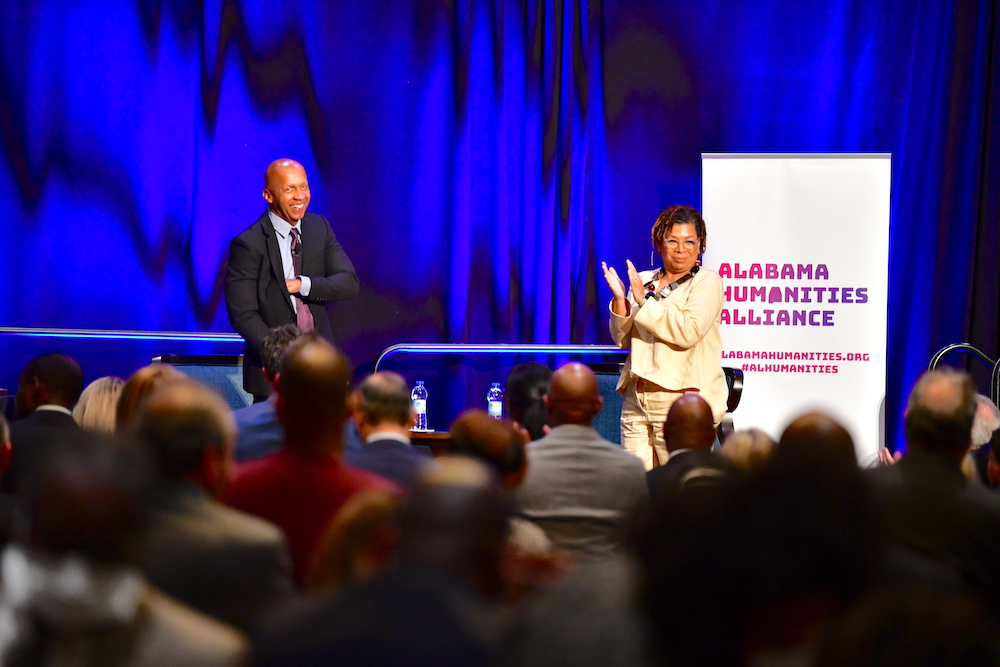
March 7, 2022 — Last week, the Alabama Humanities Alliance honored two new Alabama Humanities Fellows: Bryan Stevenson (pictured, above left), founder of the Equal Justice Initiative (EJI), and John Lewis, the late civil rights leader and American statesman. The Alabama Colloquium — presented by Regions Bank and the Montgomery County Commission — featured a conversation between Stevenson and NPR’s Michel Martin (pictured, above right), plus a tribute to the life and legacy of Rep. Lewis. Alabama’s new poet laureate, Ashley M. Jones, shared an original poem written in honor of both new Fellows.
In her conversation with Stevenson, Martin asked if the Montgomery-based attorney saw any parallels between his work and the current war in Ukraine. Stevenson’s EJI focuses on human rights, particularly for incarcerated individuals, and the EJI’s recently opened Legacy Museum traces racial injustice in America from enslavement to mass incarceration. Stevenson said he sees a thru-line between how most state-backed violence and bigotry develop — from the American South’s Jim Crow laws to mass incarceration and to the impetus for invasions such as Russia’s into Ukraine.
“Much of my work is a response to what I call the politics of fear and anger,” Stevenson said. “I believe that when you allow yourself to be governed by fear and anger, you tolerate things you should never tolerate. You accept things you should never accept…The only way that bigotry, the only way that violence, the only way that discrimination prevails is when we feel too afraid or too angry to do the things we’re supposed to do…We will tolerate abuse of people if we allow fear to keep us silent, or if we allow anger about our own issues to keep us indifferent.”
Stevenson noted that the humanities — which include an appreciation of history, law, ethics, and civic engagement — can help people overcome fear and anger, as well as misinformation and manipulation. There are a lot of false narratives in our world today, Stevenson said, “that allow people to not confront difficult truths.”
“That’s why truth-telling is so important in how we learn about our past. If you don’t hear the truth, you become vulnerable to manipulations,” he added. “I’m not naïve enough to believe that every time we tell the truth beautiful things happen. But I am persuaded that when we don’t tell the truth we deny ourselves the beauty that is justice.”
The Hon. Myron H. Thompson, in his tribute to John Lewis, recalled how he watched Lewis embrace and forgive former Alabama Gov. John Patterson, the governor who defended segregation in Alabama and led law enforcement’s violent response to nonviolent marchers in the 1950s and 1960s — protestors including a young John Lewis.
“John Lewis’ capacity for forgiveness, for clemency — his ability to take his biggest enemy into his arms and say, ‘I forgive you’ — was beyond measure,” Judge Thompson said. “The only thing that was greater than his ability to forgive was his ability not to forget. The two go hand in hand. I think what he was saying is that hate saps us of our energy to move forward and do the right thing.”
Seven members of Lewis’ family attended the Alabama Colloquium and accepted Lewis’ Alabama Humanities Fellow honor on his behalf. Those family members included Rep. Lewis’ youngest brother, Henry. “They often called my brother — Dr. Martin Luther King, Jr. always did — the ‘boy from Troy,” Henry Lewis remembered. “I think my brother should have been called The Forgiver. Because he had this uncanny ability to forgive people for the most grievous things that they could do…and he did it because he believed hatred is too heavy a burden to bear.”
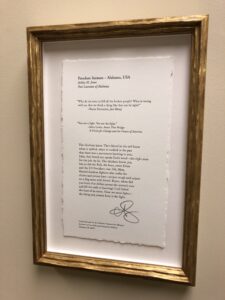 An emotional highlight of the Colloquium came when Ashley M. Jones, Alabama’s poet laureate, delivered “Freedom Sermon — Alabama USA,” an original poem in honor of Lewis and Stevenson.
An emotional highlight of the Colloquium came when Ashley M. Jones, Alabama’s poet laureate, delivered “Freedom Sermon — Alabama USA,” an original poem in honor of Lewis and Stevenson.
“When we think about the story of this nation, we have to know that the movements that keep us moving toward liberation for all people often begin in the South — often, in Alabama,” Jones said. “This place is full of the spirit that moved in the late John Lewis. It moves now in Bryan Stevenson. And I hope that spirit continues to move as we enter new decades of struggle, of challenges here and abroad, and of what I hope is our shared desire to see this world truly become equitable.”
ADDITIONAL HONOREES
Greenhaw Service to the Humanities Awardee: Trey Granger
“We really are an Alliance now, an Alliance that acts as a prism for all the wonderful things that happen culturally across this great state…that prism, through this Alliance, really helps us understand who we are as Alabamians.”
—Trey Granger, deputy clerk of court, U.S. District Court
Immediate Past Chair, AHA Board of Directors
Greenhaw Service to the Humanities Awardee: Hon. Sally Greenhaw
“Just to be on the same program honoring John Lewis and Bryan Stevenson, that in itself is an honor. These two gentlemen embody not only the best of what the humanities are, but what the humanities can be.”
—Sally Greenhaw, Circuit Judge (retired), Montgomery County
Former AHA board member (2014-2021)
Charitable Organization in the Humanities Award: Blue Cross and Blue Shield of Alabama
“The mission of our Caring Foundation is to give back to communities by supporting initiatives that support the health, wellness, and education of all Alabamians. We’re proud to support the Alabama Humanities Alliance and its efforts to provide Alabamians with opportunities for lifelong learning, appreciation for our diverse cultures, and connections with communities around our state.”
—Rebekah Elgin-Council, Senior Vice President and Chief Marketing Officer
Blue Cross and Blue Shield of Alabama
About the Alabama Humanities Alliance
Founded in 1974, the Alabama Humanities Alliance is a nonprofit that serves as the state affiliate of the National Endowment for the Humanities. AHA promotes impactful storytelling, lifelong learning and civic engagement. We provide Alabamians with opportunities to connect with our shared cultures and to see each other as fully human. Through our grantmaking, we help scholars, communities and cultural nonprofits create humanities-based projects that are accessible to all Alabamians — from literary festivals and documentary films to museum exhibitions and research collections. Learn more at alabamahumanities.org.
About Alabama Humanities Fellows
The Alabama Humanities Alliance bestows its highest honor to Alabamians who make the state a smarter, kinder, more vibrant place to live — all through the humanities. The recognition highlights those who explore what it means to be human, provide context for our past and our present, and help Alabamians see our fellow neighbors more clearly, and with more empathy. Since 1989, the Alabama Humanities Alliance has honored writers, scholars, community leaders, storytellers, and more. Some past recipients include W. Kamau Bell, Wayne Flynt, Fred Gray, Cynthia Tucker, Harper Lee, Howell Raines, Judge Myron Thompson, E.O. Wilson, Odessa Woolfolk, and Kathryn Tucker Windham. alabamahumanities.org/about/alabama-humanities-honors
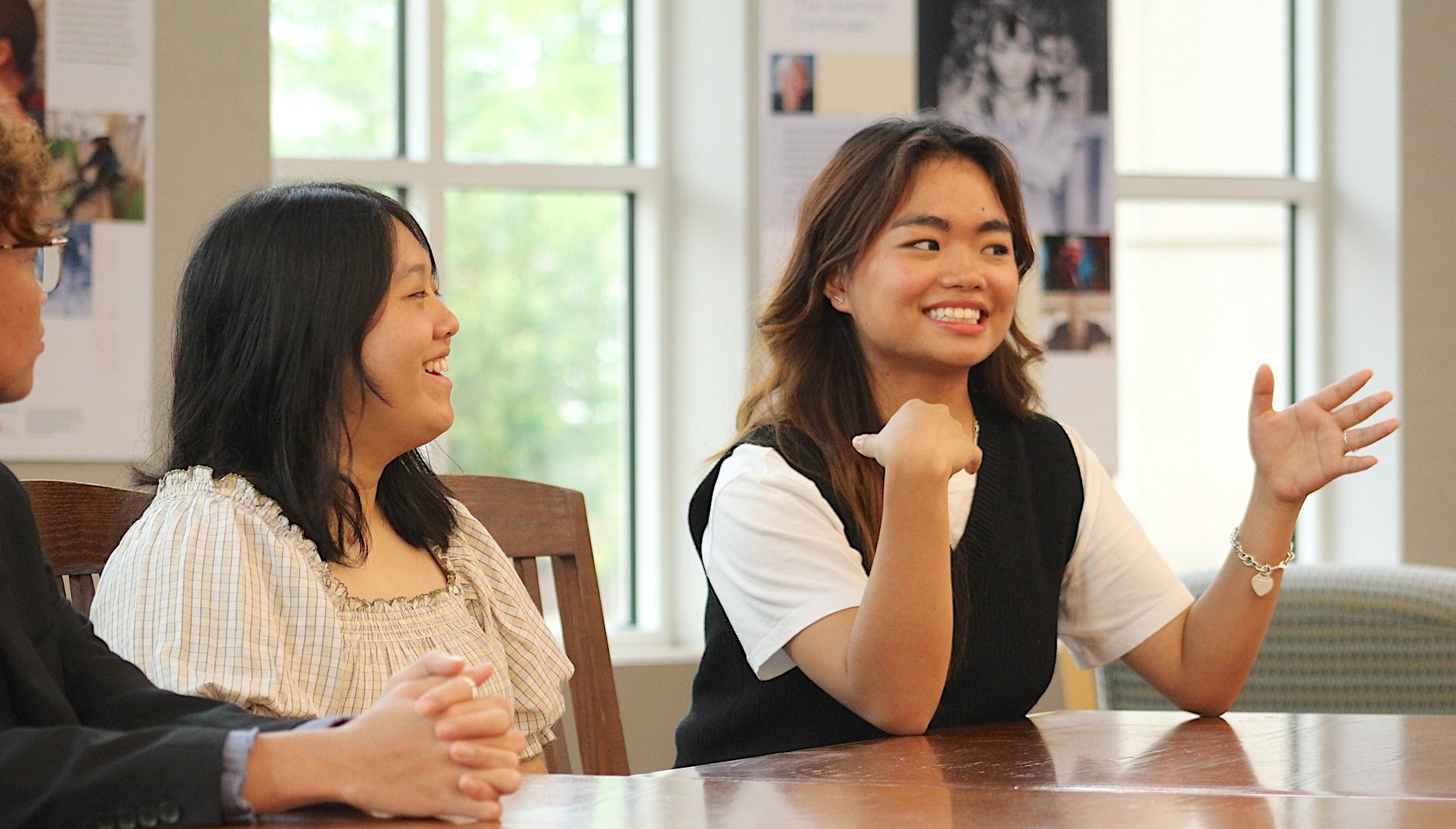
Birmingham, AL
September 21, 2023
Birmingham / September 1, 2023 — Through the first half of 2023, the Alabama Humanities...
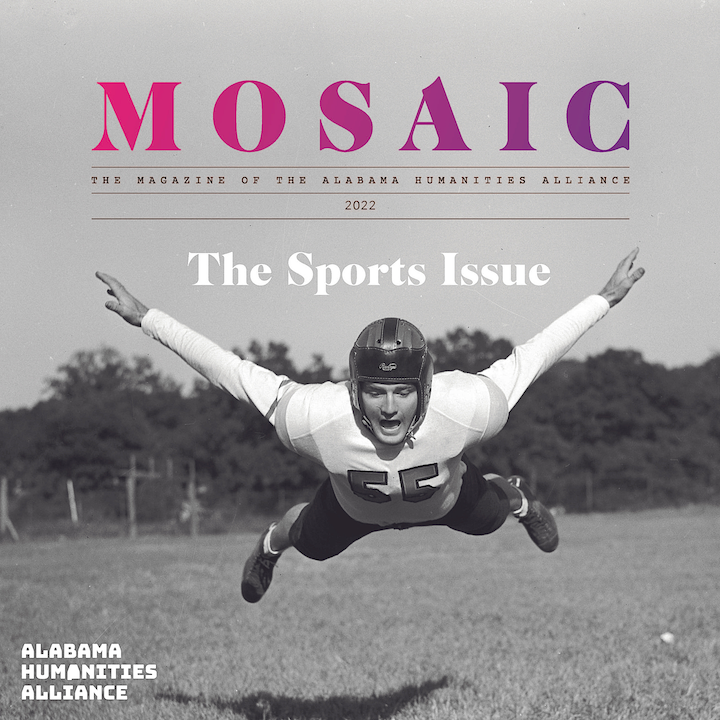
Birmingham, AL
July 5, 2022
[BIRMINGHAM / July 5, 2022] — In advance of The World Games in Birmingham, the...
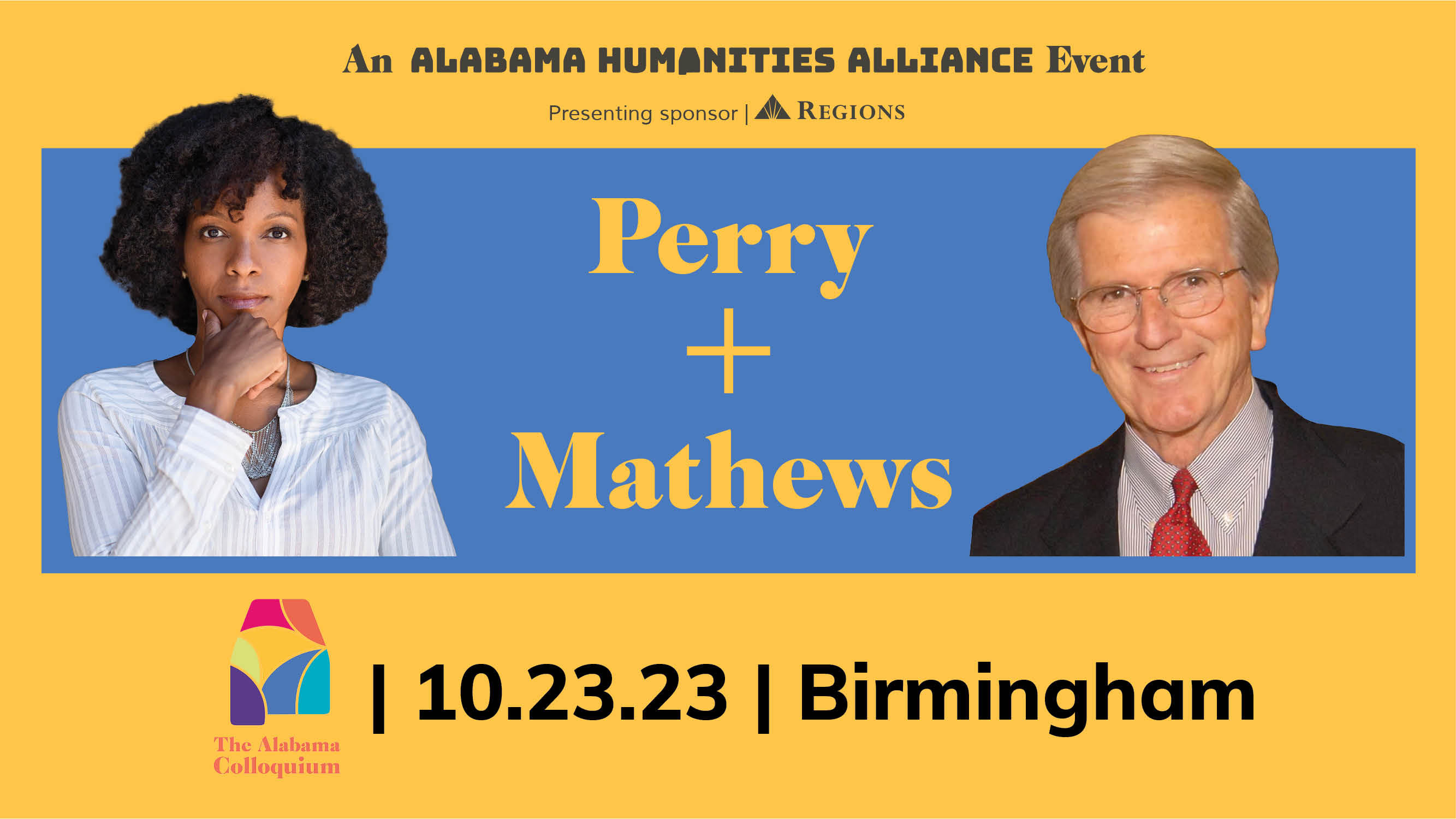
Birmingham, AL
August 16, 2023
BIRMINGHAM / August 16, 2023 — A pair of Alabama natives, widely acclaimed for their...